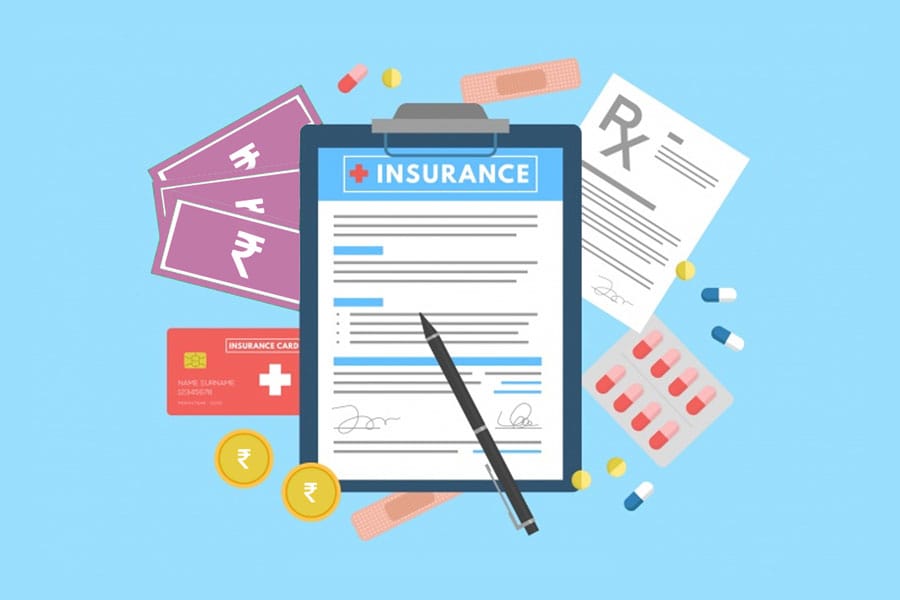
Are you adequately covered by your health insurance policy?
The unfortunate fallout of this rise in medical expenses is that although survival and recovery rates have improved, indebtedness follows

With the Corona virus pandemic, and other contagious diseases that have surfaced in the past few decades, there are genuine concerns that despite one’s best efforts to stay healthy, the chances of falling prey to such contagions is a distinct possibility.
A tryst with hospitalisation is not an unforeseen medical adversity anymore. With the rising incidence of accidents, communicable and vector-borne diseases and lifestyle diseases that require acute or chronic medical attention, most people have experienced multiple cases of hospitalisation within their immediate family, over the years.
Rising cost and impact
While healthcare and medical treatment are improving by leaps and bounds, delivering more sanguine outcomes, the flipside has been an increase in the cost of treatment. According to a report by Mercer Marsh Benefits, the medical trend rate in India (the per-person cost increase due to medical inflation) is likely to rise at double the inflation rate. So, effectively, the medical trend rate is likely to be 10% in India, as inflation hovers around 5%.
The unfortunate fallout of this rise in medical expenses is that although survival and recovery rates have improved, indebtedness follows. Studies have shown that Out-of-Pocket (OOP) health expenses drive millions of Indians below the poverty line every year. At a different level, even those who have moderate savings and investments could face a major setback to achieving other goals and aspirations, when impacted by large unexpected medical expenses.
Health insurance solutions




